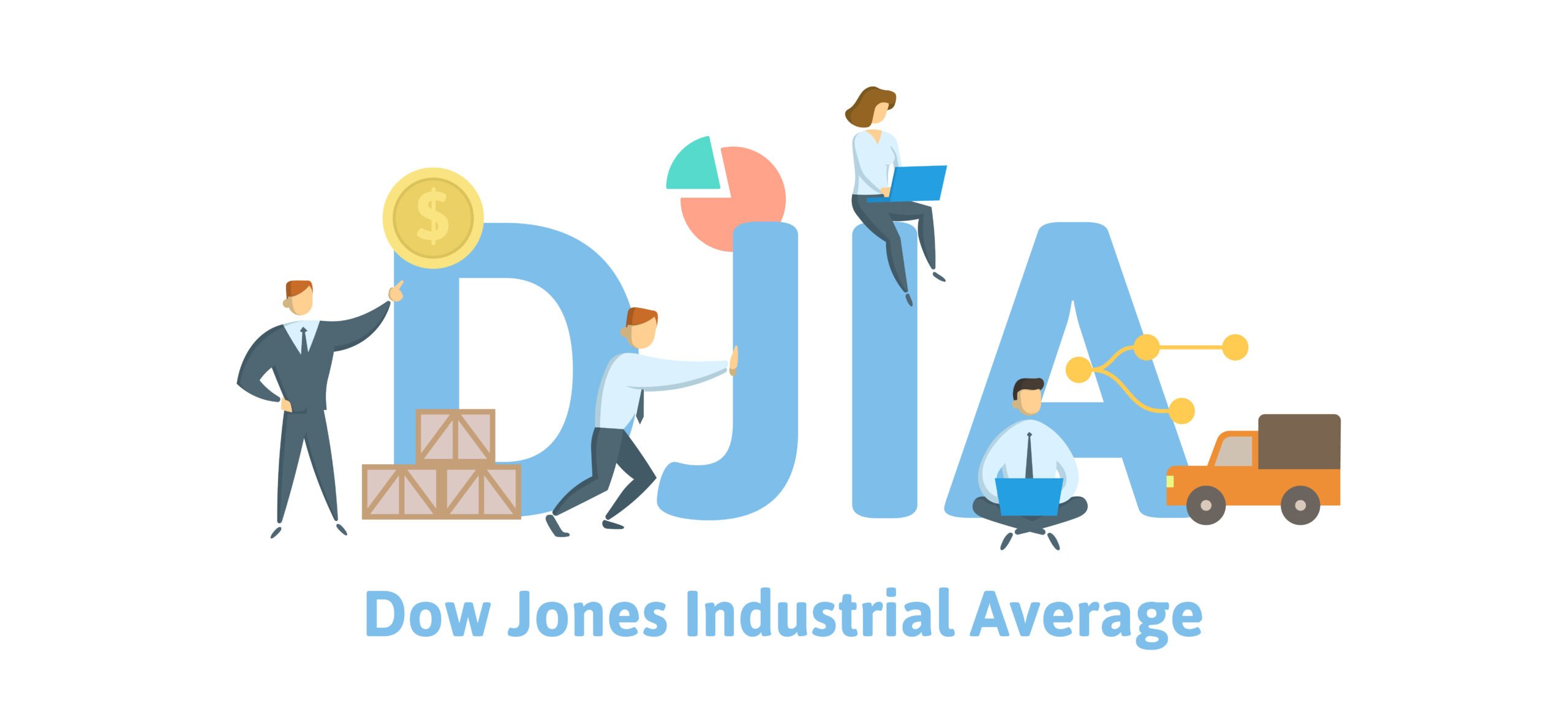Summary: DOW Jones Headlines
In March of 2020, the Dow Jones Industrial Average (the “Dow”) fell more than 800 points on five separate occasions (and there were a number of other drops of 500+ points sprinkled in for good measure). These were panic-inducing times among investors and the news cycle did nothing to placate these fears. Every news outlet I turned to would blare alarmist, all caps headings like “DOW PLUNGES 1000 POINTS” or “DOW IN FREE FALL”. How could an investor not panic when these are the messages they were continually seeing?
I think human beings are vulnerable to events of mass hysteria because we tend to panic first and search for understanding later. I have a sneaking suspicion that a lot of people were worried about these headlines without even knowing what they meant. What is the Dow anyway?
The Dow, Explained
The Dow is a relic of another age and it is truly remarkable how heavily its movement influences the market news cycle. It has been around since the late 1800s, when Charles Dow and Edward Jones decided that they needed a more efficient proxy for the broader stock market so that investors could have a rough idea of how the markets were performing (it wasn’t quite as easy to get real-time market data back in those days). Together, Dow and Jones took 12 large companies that they felt represented the broader market, added all of their prices together, and their index was born (I wonder if Edward takes offense to the fact that it isn’t referred to shorthand as “The Jones”).
Nowadays, the Dow is composed of 30 companies ranging from Apple to Caterpillar to Walt Disney. As the Dow is designed to be made up exclusively of “blue chip” stocks, its requisite companies change over time. The primary flaw with the Dow is that it is price weighted, meaning that companies with a higher stock price will be more heavily weighted in the index, regardless of their market capitalization. So if Apple’s stock price rose by 10%, it would have a much smaller impact on the value of the Dow than a 10% increase in the stock price of United Health Group, another Dow constituent, solely because United Health Group trades at a higher stock price. In fact, based on their current stock prices, United Health Group has roughly three times more weight than Apple on Dow performance despite having a market capitalization of $430 billion vs. Apple’s nearly $2.5 trillion.
On top of this blatant flaw in its construction, the Dow simply isn’t representative of the broader economy. Sure, its constituent businesses operate in diverse industries and collectively make up a significant portion of the US market, but there is uniformity among large companies that doesn’t exist in the broader economy. Courtesy of their size, large companies generally have greater economies of scale, more pricing power, and competitive moats. This is not the case for the small and medium-sized enterprises that make up the bulk of publicly listed stocks. Simply put, price-weighted performance of the largest companies in the US does not provide an accurate pulse on the economy.
The Dow Jones Industrial Average isn’t without some utility, but its construction is flawed and its scope is limited. Focusing on the Dow as your primary source of market information is like making the decision to go to the beach based exclusively on whether or not it’s sunny outside. In Manitoba, for example, some of the sunniest days of the year are in January when it’s 40 below.
For more on investing basics, click here for additional insightful articles.
Opinions are those of the author and may not reflect those of BMO Private Investment Counsel Inc., and are not intended to provide investment, tax, accounting or legal advice. The information and opinions contained herein have been compiled from sources believed reliable but no representation or warranty, express or implied, is made as to their accuracy or completeness and neither the author nor BMO Private Investment Counsel Inc. shall be liable for any errors, omissions or delays in content, or for any actions taken in reliance. BMO Private Investment Counsel Inc. is a wholly-owned subsidiary of Bank of Montreal.

